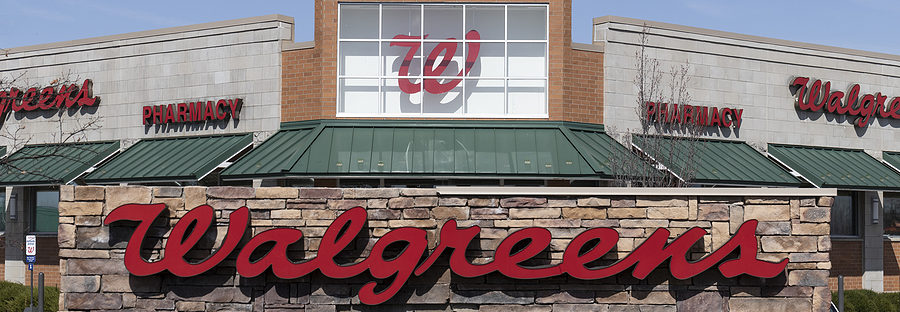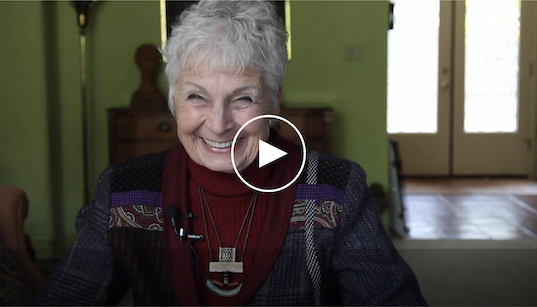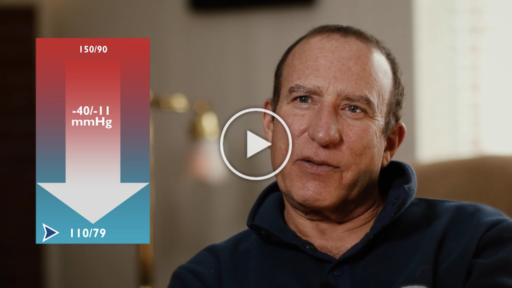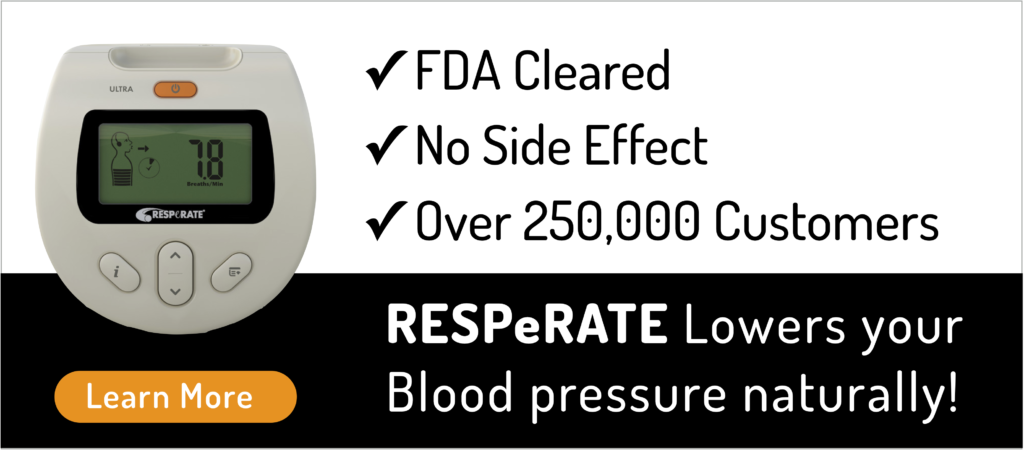Now Is Not The Time To Panic
It wasn’t until recently that I found out how dependent the U.S is on getting many of the medications we use everyday from China. I took it for granted that our medication supply will always be there and for the most part it still is.
In the last 6 weeks I have not been able to get 3 of my medications due to the fact of this shortage. I went to multiple pharmacies in my area and the answer was all the same. “We do not have this medication right now”. When asked, “When they would get the medication?”, the response was always they same, “We don’t know.”
Yes I agree that the thought of running out of your medication can be worrisome. But before you rush out to your pharmacy to stock up, I want you to know that currently only one hypertension medication has been affected by the shortage.
Currently, there are 261 medicines affected by shortages. Among those in short supply due to an unexpected increase in consumer demand are diazepam, gabapentin and omeprazole.
Of the 31 critical shortages, most are injectable steroids, antibiotics and anaesthetic agents which is similar to the shortages seen overseas.
Yet in all this there is a silver lining. It is that we will learn from this situation and start manufacturing medication here in the United States once again.
The FDA Warns of Shortage
The United States has its first novel corona virus-related drug shortage, according to the US Food and Drug Administration. Even medication for depression, anxiety, and insomnia are becoming in shortage
The US Food and Drug Administration has warned that it has been alerted by an unnamed manufacturer to a shortage of a human drug, due to manufacturing disruptions in part of China affected by COVID-19.
During the Coronavirus Disease 2019 (COVID-19) pandemic, FDA has been closely monitoring the medical product supply chain with the expectation that it may be impacted by the COVID-19 outbreak, potentially leading to supply disruptions or shortages of drug products in the U.S. FDA understands the significant impact that this can have on patient care and is doing everything within its authority to help prevent and alleviate shortages.
The FDA says there are other alternatives that can be used by patients, and that it is working with the manufacturer, as well as other manufacturers, to mitigate the shortage.
The announcement comes as the World Health Organization (WHO) upped its global risk assessment for COVID-19 from “high” to “very high,” a measure of the potential spread and impact of the novel corona virus.
The WHO notes that the virus has now spread to multiple European countries, including Italy, where several towns have been put into effective quarantine by the Italian government.
Currently,there are 202 drugs in shortage in the US. That according to a list maintained by the American Society of Health-System Pharmacists. Former top FDA official Howard Sklamberg stated, “I would say that the longer the coronavirus pandemic goes on, the greater the risk of shortages. Yes, if you’re experiencing a shortage and it’s the drug you rely on, it’s a big problem for you. It is hard to predict how widespread that would be and where the shortages would arise.”
The Supply Chain Has Been Disrupted
First, it was toilet paper and antibacterial wipes. Then, medical masks and respirators. And for a while now, the COVID-19 pandemic has sparked a shortage of many essential drugs.
As you might expect, the drugs needed to treat patients with the novel virus were the first ones to disappear. But now, drugs that are only remotely related to the pandemic are becoming scarce.
The US FDA said it had been in touch with more than 180 manufacturers of human drugs to check on potential supply chain disruption caused by government-mandated quarantines in China.
There are around 20 other drugs that source their active pharmaceutical ingredients or finished drug products solely from China, although these are considered non-critical drugs.
Sun Pharmaceuticals Shortage
Indian pharmaceutical manufacturer Ltd reported a shortage of its generic version of hypertension drug pindolol (a non-selective beta-blocker), sold under the brand name Visken by Novartis, in the United States due to a lack of pharmaceutical ingredients.
Indian companies are the main supplier of generic drugs to the world and procure almost 70% of the active pharmaceutical ingredients (APIs) for their medicines from China.
The corona-virus outbreak has disrupted international businesses dependent on Chinese supplies and industry experts expect Indian generic drug-makers to face supply shortages from China if the epidemic drags on.
According to a spokesman for the company,”At the moment, we haven’t seen any major disruption in API supplies due to the corona-virus outbreak in China,” Sun Pharma said in an email on Monday, without giving details on the reasons for the shortfall in pindolol ingredients. We have sufficient inventory of API and raw materials for the short term,” it added. Sun Pharma, however, reiterated that there had been some impact on supplies for a few APIs, but did not identify the drugs that might be affected.
Watch How Mark Lowered His Blood Pressure Naturally. It was 150/100, this morning it was 110/79 Watch Video
Depending On Outside Sources for Medication
Researchers at the University of Minnesota say the COVID-19 pandemic stands a good chance of leading to shortages of critically needed medications in the United States, given the nation’s heavy dependence on drugs made in other countries, especially India and China.
That concern is among the preliminary findings of a study of the US medication supply chain, revealed this week by the university’s Center for Infectious Disease Research and Policy (CIDRAP), publisher of CIDRAP News. The effort, called the Resilient Drug Supply Project, aims to provide a detailed map of the entire supply chain for important drugs used in the United States.
The press release notes that the precise risk of drug shortages is hard to assess because of “the lack of structural transparency and available supply chain data about drugs, which may be known by pharmaceutical companies, wholesalers, suppliers, and contract manufacturers, but not shared with the Food and Drug Administration or the public.”
What Should You Do?
So as of now there is no need to panic or rush to your pharmacy. Again like you, this thought had never entered my mind. This is not a gimmick but a real situation occurring now. At this time it has not reached a crisis level and we hope it will not do so.
As you know I am not a physician or pharmacist but I thought it would be prudent to bring it to our readers attention. I am also including resources to check if any of your medication are relevant and what is the FDA advice about it.










 Download Brochure
Download Brochure